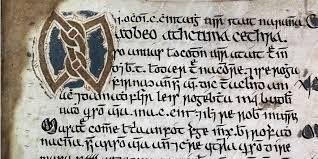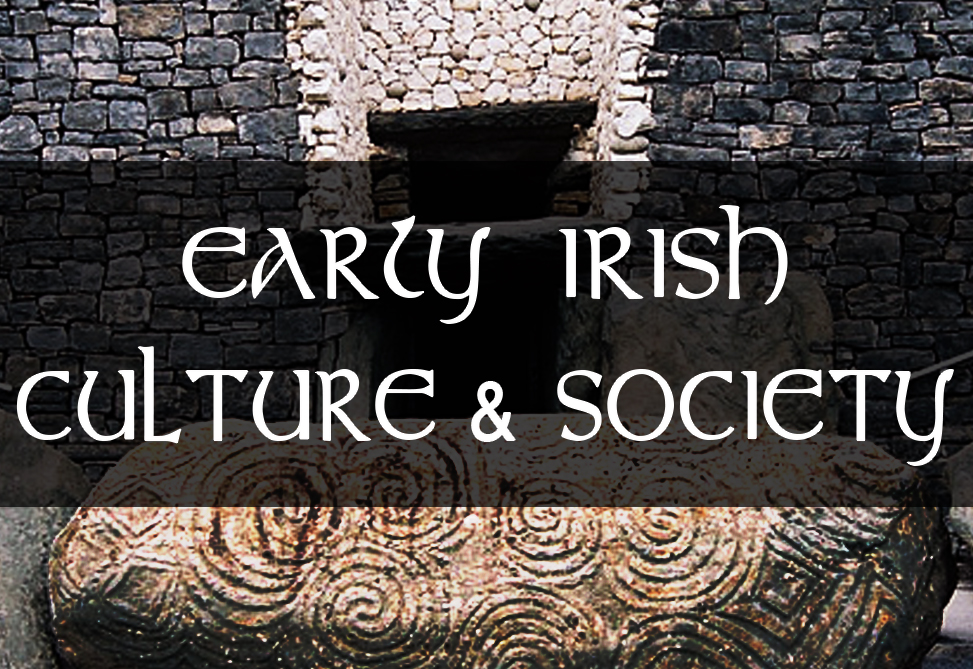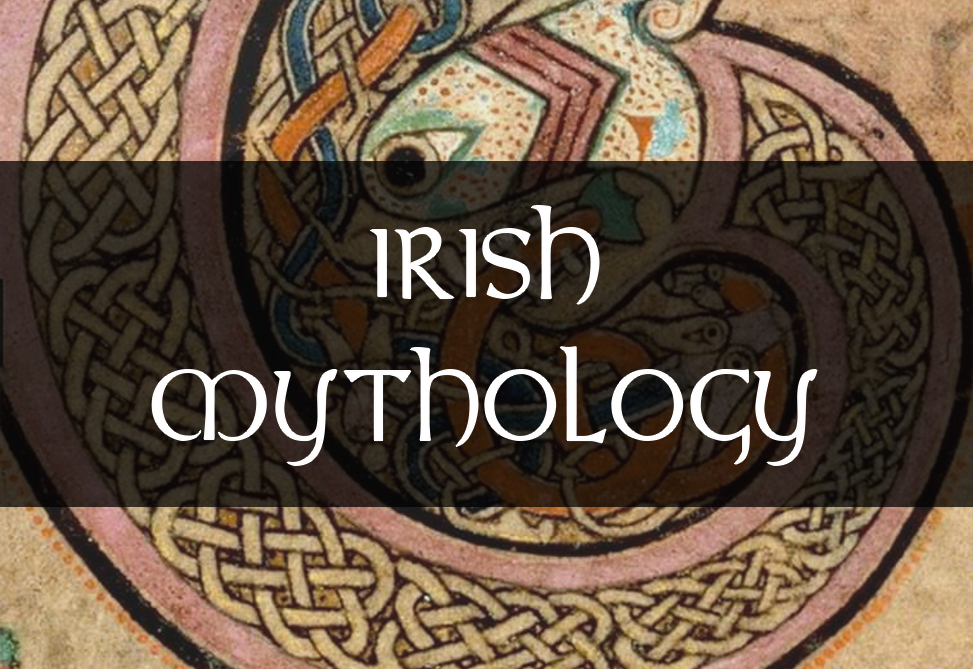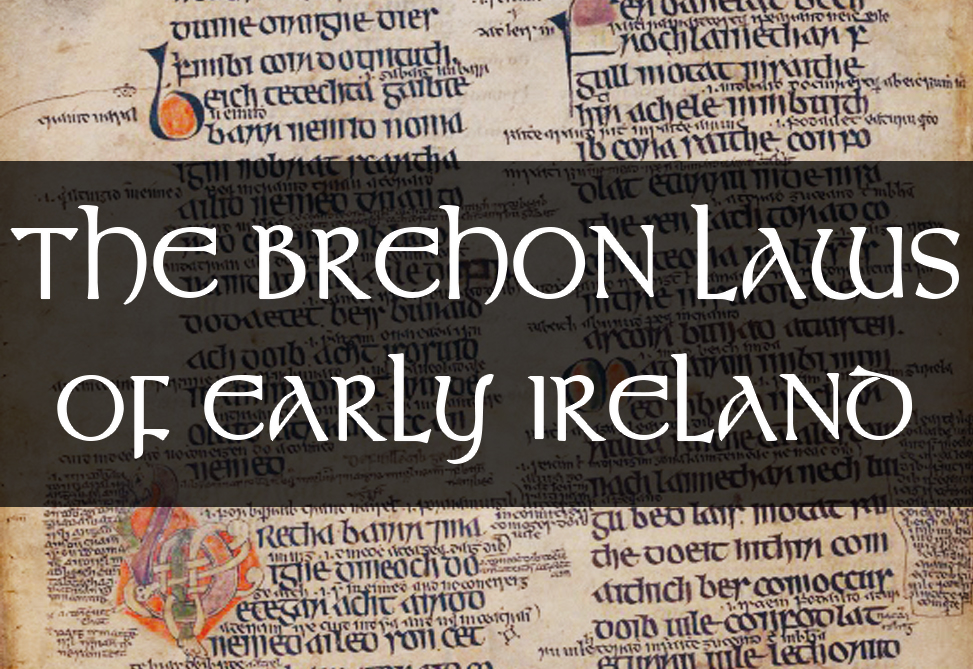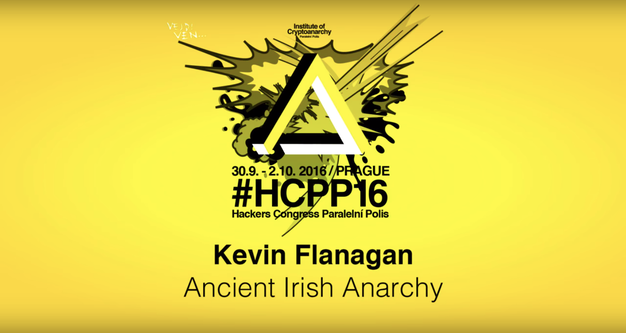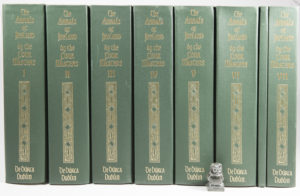The ancient legal texts of Ireland offer a fascinating glimpse into the minds and societal structures of our ancestors. Among these, the Bretha Nemed (“Judgments of the Privileged”) stands out as an essential yet underappreciated collection. In this blog, we delve into the significance of Bretha Nemed, its unique composition, and its role in the broader context of early Irish law, drawing insights from D. A. Binchy’s analysis in his seminal article published in Ériu (Vol. 17, 1955).
The Historical and Legal Context
Bretha Nemed is part of a rich tapestry of early Irish law, often referred to as the Brehon laws. This collection is notable for its blending of legal principles with poetic and historical elements, setting it apart from other texts such as the Senchas Már. While the Senchas Már became the dominant legal compilation, the Bretha Nemed retains its value as a lens into a distinct tradition of legal scholarship.
Origins and Composition
The Bretha Nemed likely originated from a mixed school that combined poetry (filidecht), history, and law. This interdisciplinary approach reflected a time when poets were not only creators of verse but also custodians of legal and historical knowledge. The text’s rhetorical and stylistic richness contrasts sharply with the more technical language of the Senchas Már, suggesting a deliberate effort to integrate artistic expression with jurisprudence.
Key Legal Themes in Bretha Nemed
The Bretha Nemed explores a wide array of legal topics, ranging from social responsibilities to property rights. Some of the key areas covered include:
- Suretyship: Rules governing agreements and guarantees.
- Theft of Animals: Detailed provisions on livestock-related disputes.
- Fosterage: Legal obligations and rights of foster parents and children.
- Women’s Legal Capacity: The roles and rights of women within the legal system.
- Landholder Duties: Responsibilities of neighboring landowners.
These themes highlight the text’s comprehensive scope, making it an invaluable resource for understanding the everyday legal challenges of early Irish society.
The Poet’s Influence on Law
One of the most intriguing aspects of the Bretha Nemed is its strong association with poets (filid). The text not only outlines their status, qualifications, and privileges but also integrates their judgments into legal discourse. This connection underscores a period in Irish history when poetry, law, and history were interwoven disciplines.
A notable legend from this era recounts how poets lost their judicial role during the reign of Conchobar mac Nessa due to the perceived obscurity of their judgments. This legend perhaps mirrors a historical transition from the Bretha Nemed, which represented a poet’s approach to law, to the more juristic focus of the Senchas Már.
Contrasting Bretha Nemed and Senchas Már
The Bretha Nemed offers a “poetic” view of the law, incorporating artistry and tradition, while the Senchas Már presents a systematic, professional jurist’s perspective. Together, these texts reflect the evolution of Irish legal thought, from a holistic, interdisciplinary tradition to a more specialized and technical approach.
A Legacy Worth Preserving
The Bretha Nemed remains an invaluable piece of Irish heritage. Its comprehensive coverage of legal rules, coupled with its artistic richness, provides a unique perspective on early Irish law and society. As modern scholars continue to explore its depths, it serves as a reminder of the intellectual and cultural vibrancy of Ireland’s past.
Whether you are a student of history, law, or literature, the Bretha Nemed invites us to appreciate the complexities of a legal tradition that blended poetry with pragmatism. Its legacy continues to inspire and inform our understanding of Ireland’s rich cultural heritage.
